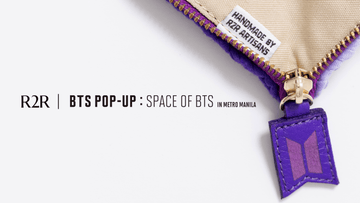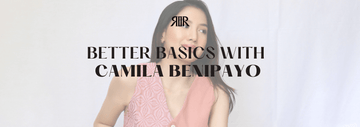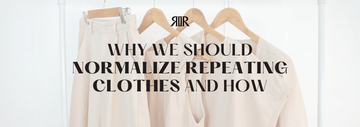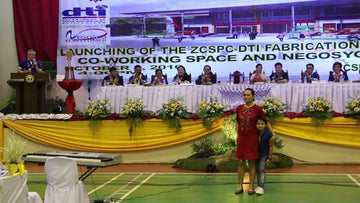
The Philippines is taking its baby steps into sustainable living. Although it has a long way to go compared to its counterparts around the globe, you'll see Filipinos starting to champion projects like eco-bricks and reusable steel straws. Small wins like these and intentional changes in the way we live our life, from the things we eat to the cars we use, count for so much more in making our planet a better place to live.
An aspect of our life that we can make changes in is the way we dress. What most people don’t know is fashion is one of the most unsustainable industries around the world. It is infamous for producing so much waste in its processes and factory workers are usually not given fair wages or safe working conditions, both of which at the cost of cheap and fast clothing that you see in your neighborhood mall.

Although sustainable fashion is still young in the Philippines, there are now so many small businesses starting out with this vision of doing fashion responsibly and sustainably. One of the up and coming small businesses in the pursuit of slow fashion is Linea Etnika. Launched back in April 2016 at the MaArte Fair, Linea Etnika was founded by two purveyors of Philippine traditional weaves: Quezon City Vice Mayor Joy Belmonte and Looie Lobregat. They met at the Congressional Spouses Foundation, Inc (CSFI) since both of their fathers were in the 16th Congress.

"We were on a Lakbay Aral trip in Clark shopping for twin handmade wooden mannequins when we thought of a retail clothing concept that would proudly promote local and weave indigenous culture with chic fashion,” Looie shared. "We wanted a modern Filipiniana line with a design aesthetic that features how simple dressing can be extraordinary.”

And extraordinary was their goal. What makes Linea Etnika stand out is the weaves they use. Looie’s family is from Zamboanga Peninsula, where there is a Yakan Village seven kilometers away from the city center. The communities there create colorful and intricate weaves with hand-looms that are predominantly geometric and symmetrical.
"We are aware that the traditional craft of handloom weaving is a dying art form. Many of the weavers choose to go abroad for better opportunities or shift to other jobs. Imagine it takes three to four days to fix the pattern on the back strap loom and depending on the design it takes another four days to weave a meter. And this is done in between regular house chores,” Looie said.

Aside from the Yakan village, they also purchase from the weavers of Basilan and Sulu. Linea Etnika wanted to help keep these communities' beautiful tradition alive by incorporating their weaves into contemporary clothing designs and bringing these apparel into the mainstream.
They draw design inspiration from their own personal networks. Since both founders come from political families, they often attend functions that require Filipiniana attire and it would sometimes be difficult to look for something to wear. Linea Etnika saw their niche there.
But even if they primarily design clothing for functions that call for Filipiniana wear, their designs are also a way for modern day Filipinas to have an opportunity to promote our culture every day. Every one of their apparel can be worn in different occasions, from business meetings to casual dinners.

Since their launch nine months ago, they already have proud weave wearers like Vice President Leni Robredo, Agriculture Undersecretary Berna Puyat, globally awarded brand architect Amor Maclang, New York Consul General Tess de Vega, media personality Tin Tin Bersola, and Rags2Riches’ very own co-founder and president, Reese Fernandez-Ruiz, among others.
"We are a newbie in this industry of sustainable slow fashion. We have so many ideas and plans for our brand and we hope to continuously learn, stay relevant and make a positive impact on the people we meet and work with,” Looie said. "From our weavers, seamstresses, various suppliers to the people we collaborate with and customers who wear our designs and inspire other to love local and promote our indigenous weaves.”
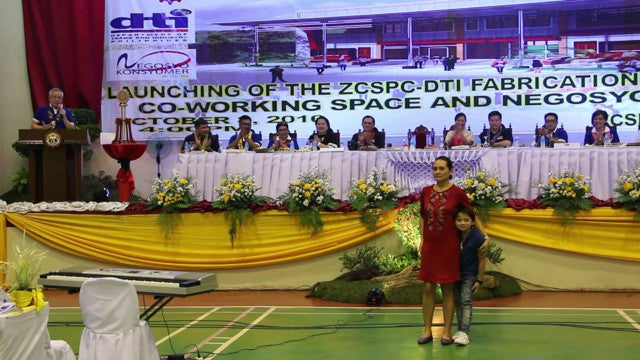
Making mindful decisions and supporting slow fashion brands like Linea Etnika is just a small part in a long list of things we need to do to take better care of our planet and its people and culture but it is still a step towards the right direction.



